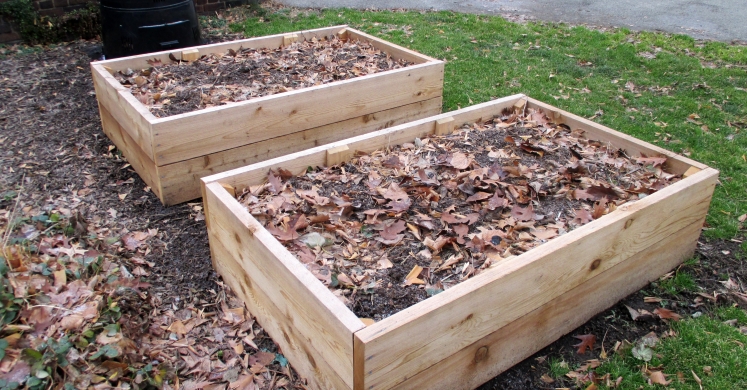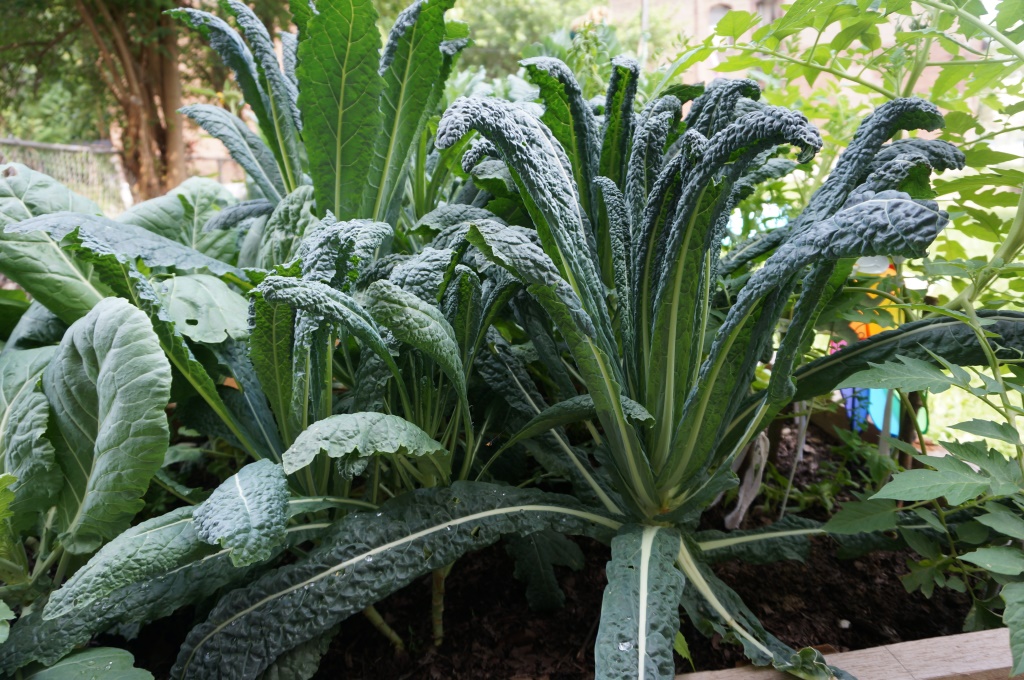Blog

Putting Your Vegetable Garden to Bed
Fall is now well under way, and while gardening season is mostly over for our favorite summer vegetables, there’s still work to do! Cleaning up the garden, amending the soil, and mulching now help make sure your garden is in the best shape for planting when spring comes around.
The first thing to do is protection and clean up. There are some plants in your garden that just need to be tucked in for winter. Kale, collards, beets, carrots, and other root crops just need a good mulching to protect them from frost. While they won’t do much growing, they’ll happily stay tucked in until you’re ready to harvest them in late fall or early winter.
Warm season crops however, like tomatoes, squash, and beans, may be dying back already on their own. If not, their growth halts with colder temperatures, and they will soon succumb to frost. All weeds and plants that won’t survive winter should be removed, and if they’re disease free they should be composted. If they are diseased you’ll want to dispose of them separately, so as not to harbor any diseases in your compost pile that could later affect your plants.
Once your garden is cleaned out, turn or gently till the top of your soil to expose pests (read more about reducing next year’s pests here). Then, it’s a great chance to use mulch to amend your soil. You can find great mulches right in your yard- fallen leaves, grass clippings and compost all make great mulches and will break down over the winter, enriching your soil.
Another option for mulching is to sow a cover crop (aka “green manure”), a crop grown to protect and enrich the soil. Cover crops grow quickly, you can plant them in the fall, then in the spring turn them into your soil where they’ll break down, adding nutrients to the soil. Cover crops also help improve soil structure and prevent erosion. Good options are rye, wheat, and red clover. Planting a cover crop is similar to planting grass seed- rake the area smooth, broadcast the seed at the rate the package recommends, lightly rake again, and water.
A little work in the fall will go a long way, and you’ll appreciate your forethought when spring arrives!


